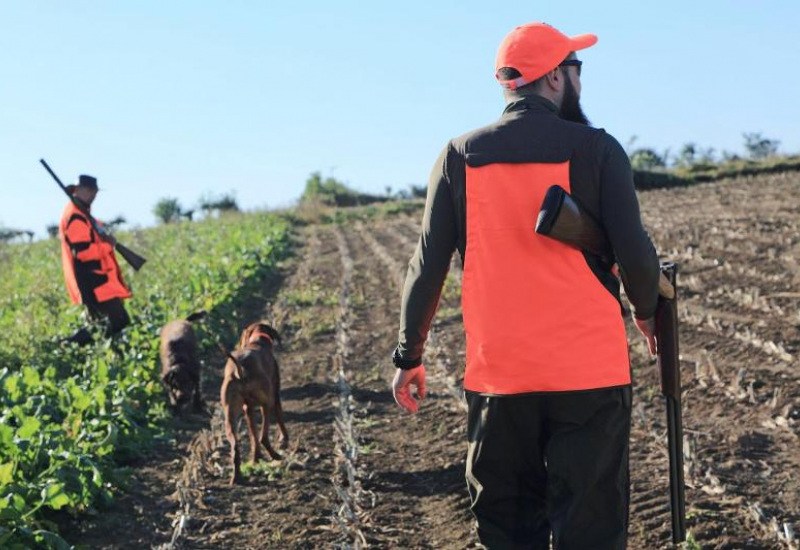The European Court of Justice (CJEU) issued on Thursday a ruling in favour of the Flemish ban of ritual slaughter.
The ban contradicts a previous opinion of its Advocate General who had recognized that the banning is an attack on the rights of Belgian citizens to practice their religions freely and is incompatible with EU law.
The Advocate General’s opinion is followed in the majority of cases and the ruling came as surprise to the Jewish and Muslim organisations in Belgium who had filed a common appeal to the CJEU to overrule the ban in the name of freedom of religion. According to the applicants, ritual slaughter is also compatible with animal welfare concerns.
"The CJEU’s decision to ignore the Advocate General’s recommendation in this case and thus allow the ban on religious slaughter is not only disappointing but also undemocratic. No democracy can exist when its citizens are denied basic human and civil rights,” said Yohan Benizri, President of the Belgian Federation of Jewish Organizations.
Benizri, who is Vice President of both the European Jewish Congress and the World Jewish Congress, told The Brussels Times that the legal team behind the appeal plans to pursue every legal recourse to change the decision, including appealing to the European Court of Human Rights.
The bans on ritual slaughter in Belgium were proposed some years ago. Following the court decision, Flemish minister Ben Weyts (N-VA), who as minister for animal welfare introduced the ban in 2017, celebrated the ruling as a victory and tweeted that, “We are making history today.” In his view, the ruling opens the door to forbid ritual slaughter without stunning throughout Europe.
The minister did in the past not respond to repeated requests for comments from The Brussels Times.
In fact, the relevant EU regulation (No 1099/2009 on the protection of animals at the time of killing), does allow ritual slaughter without stunning if it takes place in approved slaughterhouses. This was already permitted in an earlier EU directive.
European Commission Executive Vice-President Frans Timmermans said in 2017 that according to his personal point of view, ”ritual slaughter should not be a problem if it is done by people trained to do so.” He added that “on animal welfare, let the facts speak for themselves. Let science testify as to the suffering of animals when they are slaughtered.”
Member states might adopt stricter rules to protect animal welfare but not ban ritual slaughter completely. According to Benizri, this was also the intention of the lawmakers and the legal challenge to the CEJI was in principle supported by the European Commission and the Council. Slaughter without stunning in incompatible with Jewish and Muslim religious law and amounts to a ban in practice.
Since the regulation entered into force in 2013, the Commission has not initiated any infringement procedure against those member states that have banned ritual slaughter without stunning. In its ruling, the court interpreted for the first time the EU legislation, which “does not itself effect the necessary reconciliation between animal welfare and the freedom to manifest religion.”
The court then found that interference by member states, requiring stunning also in ritual slaughter practiced by Jewish and Muslim communities in the EU, meets “an objective of general interest recognised by the EU, namely the promotion of animal welfare.”
Hunting allowed

© Belga
The court is of the opinion that it is has found the right balance between conflicting values that are enshrined in the EU treaty but seems unaware of its own double standards.
In the same ruling, it makes an exception for “the killing of animals in the context of hunting and recreational fishing activities or during cultural or sporting events.”
According to the court, animal welfare does not matter in hunting because “cultural and sporting events result at most in a marginal production of meat which is not economically significant. Consequently, such events cannot reasonably be understood as a food production activity.”
Other examples outside the scope of the court ruling are factory farming and live animal transports in the EU against which animal welfare NGOs are protesting.
M. Apelblat
The Brussels Times

